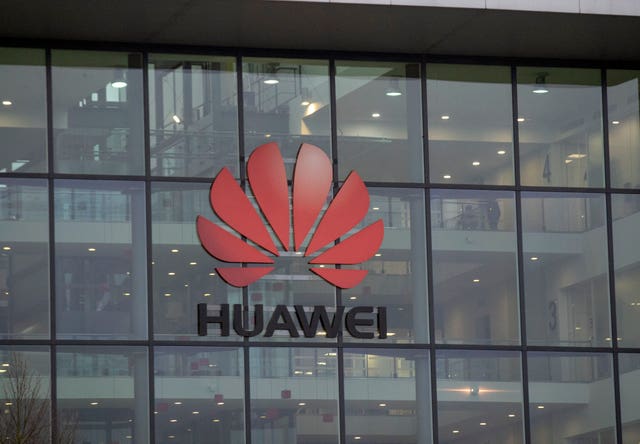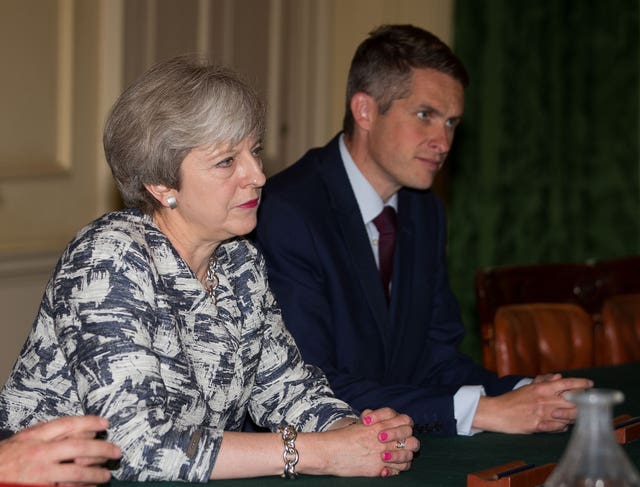Huawei is willing to sign a “no-spy” agreement with countries including the UK to ease concerns about its technology, the firm’s chairman has said.
The Chinese telecom giant has been under intense scrutiny over claims that its 5G equipment could be exploited for espionage, which it has long denied.
During a visit to the UK, chairman Dr Liang Hua said the company would agree to a deal to fend off suggestions that it could be used by the Chinese state as a route to spy on the West.
“We are willing to sign ‘no-spy’ agreements with governments, including the UK Government, to commit ourselves, to commit our equipment to meeting the no-spy, no back-door standards,” Dr Liang told a press conference in London.

The Huawei chairman said it was “not our intention to be at the core of such political controversy” and claimed the media attention is “partly due to the exaggeration of the growing impact of the next generation network, 5G”.
Dr Liang claimed Huawei has never been asked to hand over data or information about customers, and supported the views of Huawei’s founder, who said he would rather shut down the company than accept any request to collect intelligence for any government.
“There are a lot of Chinese officials making it abundantly clear that there are no Chinese laws requiring any Chinese company to collect intelligence from foreign governments,” he continued.
Huawei, the world’s second largest smartphone manufacturer and a market leader in equipment needed to build next-generation 5G mobile data networks, has been the subject of controversy in recent months, with the UK Government yet to announce a decision on the company’s presence in 5G networks.

Following the meeting at No 10, Mr Stoltenberg said that while the alliance was working to develop “minimum standards”, ultimately they were decisions for national governments.
“This is a concern that all allies are addressing. These are of course national decisions,” he told reporters.
“What matters for Nato is that we try to develop as much as possible a common approach to achieve some minimum standards for requirements which ensure security of our networks.”
Last month, details of a meeting of the UK’s National Security Council to discuss Huawei’s place in UK telecoms infrastructure were leaked.
The Daily Telegraph subsequently reported Mrs May would allow Huawei’s presence despite concerns raised by several Cabinet ministers.
Following an investigation into the leak, Gavin Williamson was sacked as defence secretary, although he denied being behind it.






